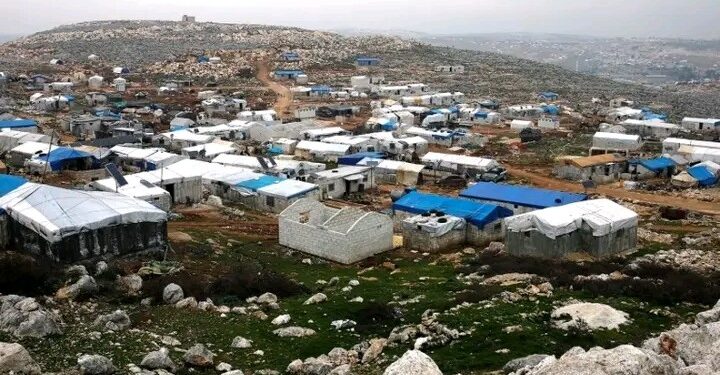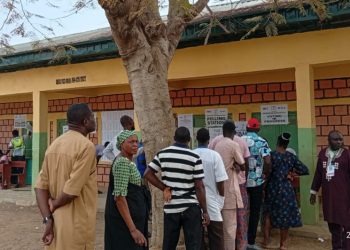World Health Organisation and United Nations Agencies have called to preserve the UN Security Council resolution 2642, that allows life- saving humanitarian aid to be delivered to north-west Syria from across the Turkish border which is set to expire in eight days.
The call was contained in a joint statement released on Monday by the leadership of International Organization for Migration (IOM), UN High Commissioner for Refugees (UNHCR), UN Children’s Fund (UNICEF), World Food Programme (WFP) and World Health Organisation (WHO).
It was added that if the Council fails to extend it, the consequences will be catastrophic for 4.1 million people in non-Government controlled areas which most of them are women and children who need assistance just to survive at the peak of winter and amidst a serious cholera outbreak.

According to this statement signed by the leadership of the various bodies, “Without UN cross-border operations, millions of people, especially those displaced for years and multiple times, will not have access to food and shelter.
“To help in coping with harsh winter conditions; to the surveillance, treatment and testing capacities needed to contain cholera; to safe water; and to protection from gender-based violence.
“Any failure by the Council to extend the resolution would also mean that the UN Monitoring Mechanism (UNMM) would cease to function, which would bring an end to the UN’s verification of the humanitarian nature of consignments at the border.
“Our position remains consistent and clear: Humanitarian assistance and protection services must always be allowed to reach those who need it through the safest and most direct and efficient route.
“In 2022, together with our partners, we delivered aid from across the Turkish border into Syria, reaching an average of 2.7 million people every month. This work included early recovery and livelihood support to strengthen the resilience of communities across Syria.

“We were also able to bolster assistance within Syria from Government-controlled areas across frontlines into the country’s north-west, delivering food, health, education and other supplies for thousands of people in need.
“We are determined to maintain and expand these deliveries, and we call on all stakeholders for unhindered, sustained and predictable humanitarian access to north-west Syria from Government-controlled areas”.
They noted that these crossline deliveries, while effective, cannot match the scale and scope of cross-border operations, which is and will continue to be indispensable.
“Unlike earlier resolutions which extended the cross-border operations for 12 months, the last action taken by the Council only granted a six-month authorization.
“This led to additional logistical and operational challenges, increased operational costs, and curbed the capacity of humanitarian partners to help those in need. The millions of people who depend on cross-border lifeline for survival need resolution to be renewed without delay”.
For more than eight years, the Security Council has authorized humanitarians to cross from Turkey into northwest Syria, bringing on average 600 trucks each month with food, medicine and other essentials. More than 4 million people live in the area, which is outside govt control. Humanitarians reach about 2.4 million of them each month.











